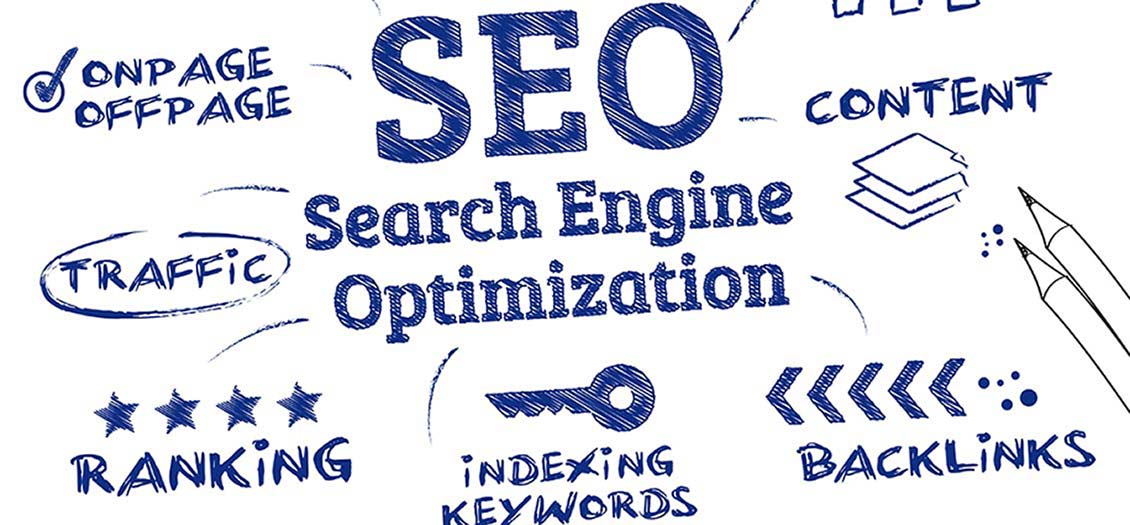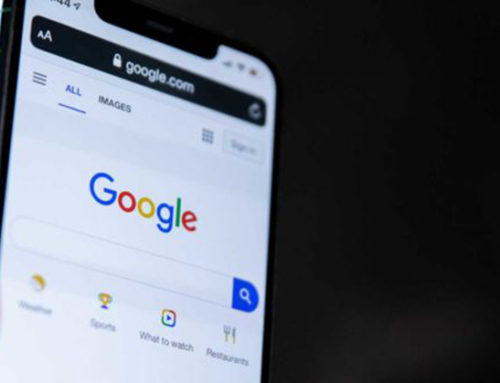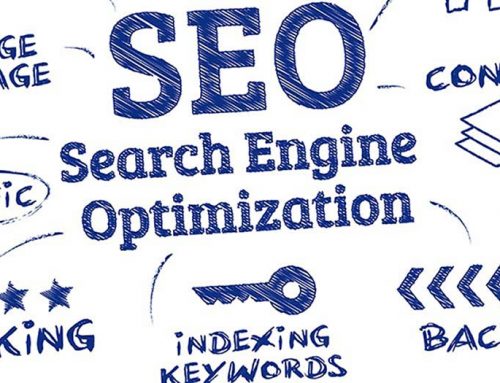SEO Myths Debunked for More Informed Decision-Making
Search engine optimization remains one of the biggest buzzwords for marketing practitioners and business owners alike. The potential of a website attracting “free” traffic via popular search engines is naturally going to have longevity in an e-commerce driven world. Unfortunately, there are a lot of myths swirling about SEO, even among marketing pros. These myths can have significant ramifications, ranging from misplaced marketing investments ($) to complete distrust for SEO practitioners. It’s for these and other reasons this blog post aims to:
- inform you about the realities of SEO, and
- help you decide whether SEO should become part of your marketing strategy – now or in the future
Estimated read time = 6 mins
Here are the four most popular SEO myths that we’ve heard from prospective and current clients (in no particular order):
- It’s a “one and done” activity
- Results are guaranteed (and almost immediate)
- SEO is only about keywords
- My small website can’t take on the “big guys”
Let’s examine these one at a time.
MYTH #1: IT’S A ONE AND DONE ACTIVITY
This is perhaps the biggest surprise for most organizations. “What do you mean you need to keep working on it?” is usually the first response we get after we share an initial estimate. Most clients expect a one-time fee to “SEO the site” and be done with it. But that is far from the case. It’s not that simple. Here are several reasons why search engine optimization is not a one-time activity:
- Consumer search habits can change – how consumers searched for your products or services this year may not be relevant in 2018
- Search engines change how they rank results – Google and other search engines are constantly updating how they index and serve up websites in search results. Website content is ranked differently this year than it was last year or even 6 months ago (yes, it changes that quickly; in fact, Google makes several major changes each year, along with smaller, micro changes at least once every day, as shared by Matt Cutts, the former head of web spam at Google
- Your competitors are finding ways to outrank you – Like you, competitors are improving their site content, user experience, social media and PR efforts, and other factors that influence SEO
- How else will you measure whether your investment paid off? – A more practical reason is the need to measure how your site performs before and after you make SEO improvements. Businesses need to measure the impact on search rankings, website traffic and actual sales – popular methods to prove the return on investment gained from SEO activity. This cannot be achieved as a one-time activity; it must be repeated each week, month or other frequency that is realistic for your organization
Helpful Metaphors
Bottom line: SEO requires a considerable amount of work initially, followed by consistent (though lesser) activity to keep its momentum going and to reap the rewards. We liken it to moving a flywheel or pushing a car when it’s in neutral. A tremendous amount of exertion is used to move the flywheel or car initially but, once it gets rolling, you only need to maintain a smaller amount of force to sustain its momentum in the desired direction. The same is true for SEO.

MYTH #2: RESULTS ARE GUARANTEED (AND ALMOST IMMEDIATE)
This is another misconception about SEO, perpetuated by consultants that “guarantee” getting their clients on the first page of search results. Be cautious of practitioners who guarantee certain results. This is a completely misleading sales tactic.
True search engine optimization specialists are like financial advisors; they can’t promise results, but they can position you for success and vastly improve the likelihood you’ll make a profit. There are arguably as many factors contributing to SEO success as there are those contributing to financial success.
Like financial investments, success may not be immediate. In fact, SEO success can take a few weeks to several months before producing dividends. That’s because it takes time for search engines to re-crawl, index and change how your website content appears in search results. It also takes time for Google to record how new website traffic (after you make improvements) reacts to your content. And it also takes time for new website visitors to respond to your content by sharing and possibly linking to it, which improves organic search visibility.
There are also scenarios when results may take several months to a year. This is especially true when your website must go head-to-head with established brands (e.g. Macy’s, Amazon, Wal-mart, Sony, etc.)
MYTH #3: SEO IS ONLY ABOUT KEYWORDS
Most people believe SEO is all about keywords and that optimizing one’s website is as simple as repeating those keywords several times throughout its content. While this was a relevant tactic pre-2003, the practice of “keyword stuffing” became outdated with Google’s Panda algorithm update. Today, keywords are less important than content that satisfies a searcher’s intent. Therefore, having “good content” that fulfills someone’s query, along with a website that provides a good user experience, should be 100% of the focus. After all, Google makes money and keeps us coming back because they serve up answers to our immediate questions. They reward websites that contribute to this outcome.
So yes, keywords are still part of the equation, but other SEO ingredients include rich, useful content, mobile-friendliness, domain “authority”, page speed, information architecture, crawl-ability, locality and many other factors.
MYTH #4: MY WEBSITE CAN’T TAKE ON THE “BIG GUYS”
Sometimes smaller organizations quit before they start. They might feel intimidated by having to compete with bigger or fancier websites of larger organizations. This, too, is not true. While larger businesses tend to have more resources, it doesn’t always mean their website is “better for SEO” than that of a smaller business.
Another important fact? How your site performs against competitors – or any other site, for that matter – largely depends on your specific keywords. For example, it may be difficult to compete with Domino’s or Pizza Hut for “pizza restaurants providence”, BUT “gluten free pizza providence” could be an easy term to gain traction. Every keyword has different competition levels. Therefore, every website has the potential to do well with SEO.
SUMMARY AND ADDITIONAL FOOD FOR THOUGHT
So there you have it. Hopefully, you have a stronger sense of what to expect with this growing marketing practice.
We’ll also leave you with some additional knowledge to further shape your expectations:
- SEO does not work in a silo – SEO practitioners must work in tandem with your marketing team, webmaster, and sales team. It truly is an integrated effort.
- A good user experience matters – As noted above, targeting certain keywords is just the start. Other SEO factors include mobile-friendliness, page speed, site architecture, inbound links, “citations” on local directories and much more
- Local SEO is different than general SEO – Searches for “financial advisors” will yield very different results than “financial advisors boston”. This is a very important distinction, especially if you have brick and mortar locations. More than half of all mobile searches have local intent, so expect a very different SEO strategy if you have a retail footprint.
- Rankings vary because of numerous factors – How your website ranks for each keyword (ex: “financial advisors”) will differ based on the search engine, the user’s device, and the user’s location. For example, your site may rank #2 on Google on a desktop device from downtown Boston, but may rank #6 on Google on a mobile device from the same location. Just keep in mind that your rankings are averages and are moving targets from day to day.
- I can find someone to do it cheap – There are times when people believe they can get a good product for a bargain. But buyer beware the old adage: “If it’s too good to be true, it probably is.” The typical SEO consultant (“worth his/her salt”) will run anywhere from $100 to $200/hour. This runs counter to cheap hacks out there claiming to get you on page 1 of Google for only $30 or $50/hour. Be very careful about these type of professionals, especially those whom you barely know. You’re likely to be very disappointed with the results.





